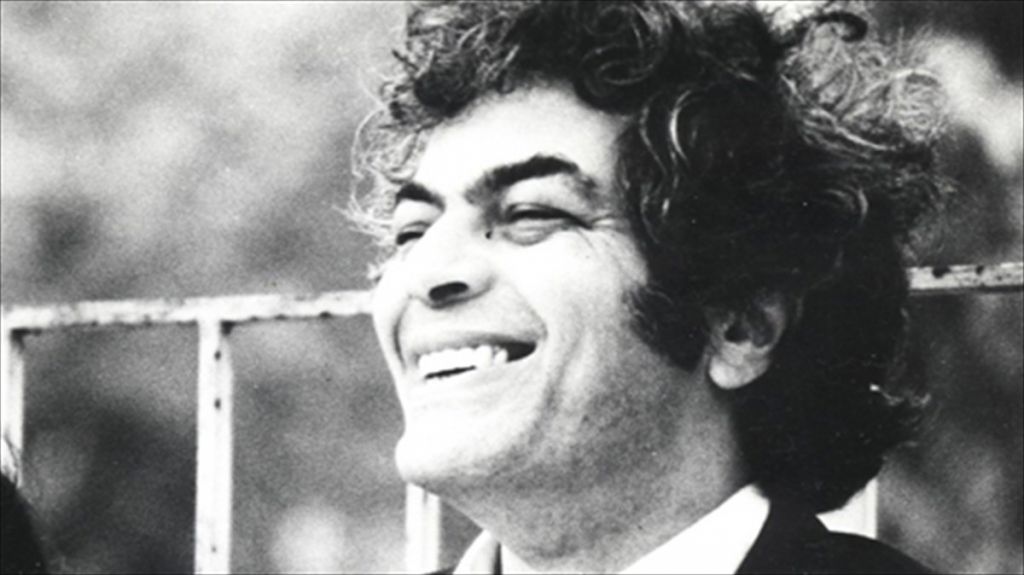Manos Loizos was considered one of the most iconic Cypriot composers of his time. He composed for many famous Greek artists such as Haris Alexiou, George Dalaras and Mikis Theodorakis.
Early Life:
Manos Loizos was born on October 22, 1937 in the village of Agioi Vavatsinias in the province of Larnaca. He was the only child of Andreas Loizos and Despina Manaki, the daughter of an agronomist from Rhodes.
At the age of seven, his family moved to Alexandria, Egypt in search of better fortune. He enrolled in the National Conservatory of Alexandria and started learning the violin, but ended up playing the guitar.

After graduating from the Averofio High School of Alexandria in 1955, he relocated to Athens and enrolled first in the School of Pharmacy and then in the School of Economics and Business.
In 1960, he dropped his studies and began to pursue a career in music.
Music Career:
In the spring of 1962, Mikis Theodorakis employed Loizos as the choir conductor of the Society of Friends of Greek Music for the staging of ‘Beautiful City.’
Motivated by Mimis Plessas, Loizos released his debut single ‘The Street Song,’ with lyrics by Federico Garcia Lorca and sung by Giorgos Moutsios.
During the dictatorship, he was repeatedly targeted by the authorities for his left-wing political beliefs. After the uprising of the Polytechnic in November 1973 he was arrested and spent 10 days in security custody.
In the frantic atmosphere of the post-junta period, he participated in folk concerts and at the end of 1974, he released the album “The Songs of the Street,” with all his songs that had either been banned in previous years or had not been allowed to be recorded.
In 1978, he was appointed Chairman of the Association of Songwriters and Lyricists of Greece. He collaborated with Lefteris Papadopoulos, Stelios Kazantzidis, Maria Farantouri, Haris Alexiou, George Dalaras and many more.
Death:
On June 8th, 1982, Loizos suffered a stroke and was hospitalised for a month.
In August of the same year, he traveled to Moscow for treatment, where he suffered a second stroke on September 7th.
Ten days later, Manos Loizos died on September 17th, 1982.
